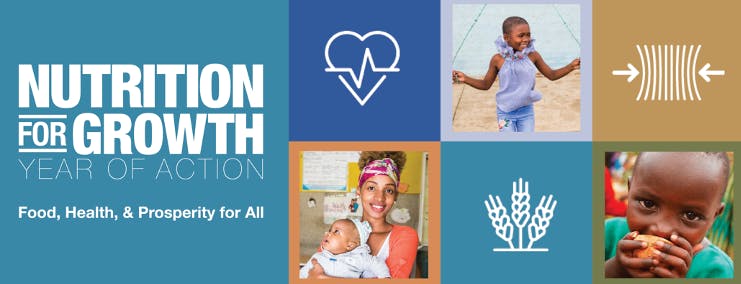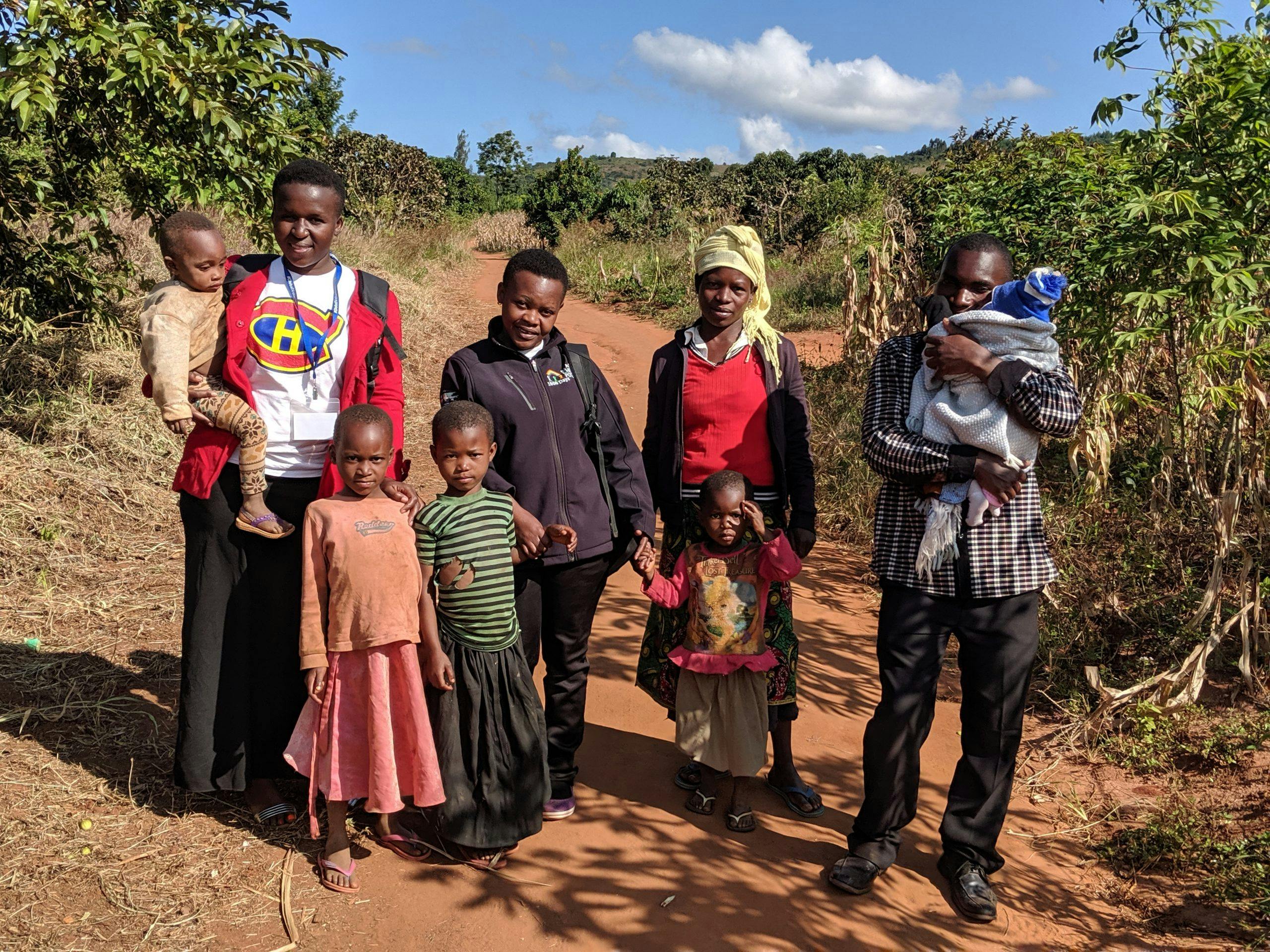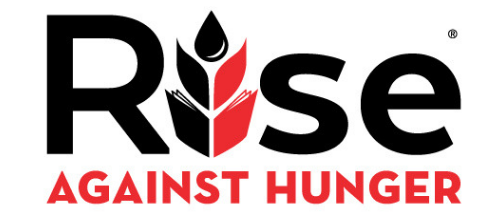2021 is the Nutrition for Growth Year of Action

The effects of COVID-19 have delayed, halted and, sometimes, reversed progress toward achieving United Nations Sustainable Development Goal 2: Zero Hunger — and, as an organization that works in support of this goal, that’s been of great concern for us at Rise Against Hunger. In December 2020, a global summit came together to discuss the current landscape and the way forward. Together, this global nutrition community named 2021 the Nutrition for Growth (N4G) Year of Action. And there is reason to hope for a brighter future when we all work together! This global effort will bring together businesses, donors, NGOs, country governments and Hunger Champions like you to focus on policy changes and mobilizing financial commitments to position nutrition as a top priority for COVID-19 recovery and accelerate progress on malnutrition. Read on to find out what Rise Against Hunger is doing, and how you can support this initiative!

What does this mean for Rise Against Hunger?
At Rise Against Hunger, the Nutrition for Growth Year of Action means that we are continuing to stay updated on the effect hunger and malnutrition are having globally and continuing to utilize the evidence on how to tackle these issues in our programs. The Lancet, a well-established medical journal, recently published their 2021 Series on Maternal and Child Nutrition, which evaluated several nutrition issues. Mounting evidence has shown the importance of addressing nutrition in adolescent and school-aged children. The Lancet papers highlighted that while there are still gaps to fill in addressing malnutrition in these age groups, addressing it through school-based and community platforms is an effective first step. Our Nourishing Lives, Empowering Communities and Responding to Emergencies Pathways to End Hunger all support school-aged children and their families. 70% of the people we serve through our Nourishing Lives pathway are under 18 years old.
The Lancet papers also looked into the 149 million children under the age of 5 globally whose growth is stunted and the 49.5 million children who are wasted. New research has shown that stunting and wasting can already be present at a child’s birth and peak within their first 6 months of life. That means that, in addition to addressing malnutrition in children, addressing it with their mothers, families and community is also incredibly important for the prevention of stunting and wasting and is a key way to address the root causes of these conditions. With our in-country partners, we target these demographics through several of our Nourishing Lives and Empowering Communities programs.
For example, our Empowering Leaders through Nutrition-Smart Agriculture project, implemented with partner Lift Up the Vulnerable, in South Sudan is working to increase crop production, dietary diversity and incomes for Hope for South Sudan, a residential school and orphanage for 400 children, and the surrounding community. The project is focused on child and adolescent nutrition and is building self-sufficiency for this community, addressing concerns including wasting, micronutrient deficiencies and dysnutrition.

Additionally, we work with partner Global Volunteers in Tanzania on their Reaching Children’s Potential (RCP) program. As of 2016, stunting rates in Tanzania were about 34%. Starting at pregnancy and continuing through age 18, the program works to eliminate stunting and help parents ensure their child has the opportunity to reach their full potential. The RCP participants receive adequate nutrition through Rise Against Hunger meals and are provided training and support for implementing a container garden and building a chicken coop. The program addresses stunting by supporting healthy diets for mothers, children and their families, and provides sustainable, self-sufficient solutions for food insecurity.

How can you get involved in the Nutrition for Growth Year of Action?
The Nutrition for Growth Year of Action doesn’t have to be all about what businesses, organizations and NGOs are doing to address malnutrition and food insecurity. Hunger Champions can also get involved! Supporting our programs is a great way to start. Supporting our programs is about more than ending hunger; it’s an investment in the future of communities and people around the world and the potential progress they can contribute to the world when they are nourished.
You can also help by spreading the word about the Nutrition for Growth Year of Action and its goals, the toll COVID-19 has played on food insecurity across the world and the importance of nutrition in COVID-19 recovery. Now that we are in the final decade of the UN Sustainable Development Goals and have witnessed the impacts COVID-19 has had on Goal #2 of Zero Hunger, it is more important than ever for all of us to come together to address global nutrition. Everyone wins when we all have the nutrition needed to reach our fullest potential.

